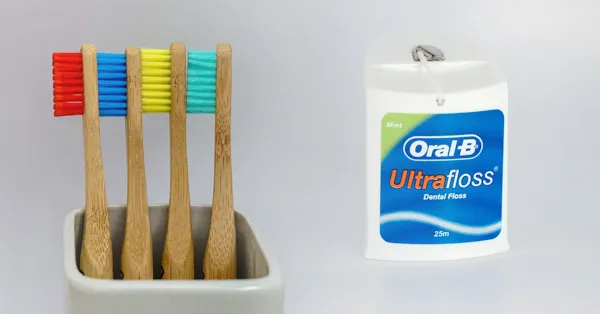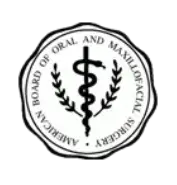Brushing and Flossing Could Reduce Your Risk of This Cancer
By: Lara DeSanto, HealthCentral
Do you know that improper dental care and hygiene can increase your risk of developing liver cancer?
People with poor oral health, including painful or bleeding gums, loose teeth, or mouth ulcers, maybe a whopping 75% more likely to get liver cancer, according to a study of 469,000 people in the U.K. The findings likely apply to people in the U.S. as well, where liver cancer rates are on the rise, according to the Centers for Disease Control and Prevention.
Learn the risks via HealthCentral! The Woodview Oral Surgery Team
Brushing and flossing your teeth is tied to far more than just impressing your dentist - in fact, showing your gums and teeth some TLC could reduce your risk of several chronic diseases, like heart disease, stroke, and diabetes. And recent research shows that it may significantly reduce your risk of liver cancer, too.
People with poor oral health - including painful or bleeding gums, loose teeth, or mouth ulcers - may be a whopping 75% more likely to get liver cancer, according to a study of 469,000 people in the U.K. The findings likely apply to people in the U.S. as well, where liver cancer rates are on the rise, according to the Centers for Disease Control and Prevention.
The research, published in the United European Gastroenterology Journal, originally set out to discover whether there was a link between mouth health and digestive cancers like those of the colon and rectum. While no link was found there, a substantial link was found for liver cancer and oral health conditions.
But why does poor mouth health set you up for greater risk of liver cancer? Right now, it's unclear, according to the study authors - but it may be related to the role of oral and gut bacteria in disease development.
"The liver contributes to the elimination of bacteria from the human body," says lead study author Haydée WT Jordão, Ph.D., from the Centre of Public Health at Queen's University Belfast. "When the liver is affected by diseases, such as hepatitis, cirrhosis, or cancer, its function will decline and bacteria will survive for longer and therefore have the potential to cause more harm." Another possibility is that people with poor mouth health change their diet to accommodate loose teeth and other issues - for example, eating only softer and possibly less nutritious foods - which could contribute to cancer development.
More studies are needed to better understand the connection, researchers say. Until then? Take steps to reduce your other risk factors for liver cancer, like minimizing alcohol consumption - and tend to those teeth!
4 Steps to a Healthier Mouth
You already know that you're supposed to brush your teeth twice a day. Here's what else you can do to take care of your mouth and reduce your risk of liver cancer - not to mention other diseases, according to the Oral Health Foundation:
- Brush your teeth twice a day. Experts recommend brushing right before you go to bed and at least one other time during the day. Use a fluoride toothpaste, which helps protect your teeth from decay, and spit after brushing instead of rinsing so that the fluoride can stay on your teeth and work its magic longer. Look for a toothbrush with a small- to a medium-sized brush head and with soft to medium bristles. You can also go for an electric toothbrush, which can often be better at cleaning your teeth with less movement needed on your end.
- Floss daily. Floss at least once a day with a gentle rocking motion between the teeth. At the gum line, curve the floss into a C-shape around each tooth and gently scrape up the side of the tooth. Don't forget the back of the last tooth!
- Go to the dentist. When was the last time you went in for a dental cleaning and checkup? Going to the dentist is important because if the plaque on your teeth hardens into tartar, it can no longer be removed by simple brushing - only a dental hygienist can help you remove it during cleaning. If you let tartar continue to build up, it can lead to inflammation, pain and gum disease.
- Eat well. Try to avoid consuming sugary foods and drinks frequently throughout the day. These are the foods that cause the bacteria in plaque to produce harmful acids that can eat away at your tooth enamel. And that's when cavities form. The longer these sugar acids remain on your teeth, the more time they have to do their damage. If you just need an occasional sweet, make sure you brush your teeth (or drink a glass of water) immediately afterward to help cancel out some of the acids right away.
Source: https://www.healthcentral.com/article/mouth-health-liver-cancer-risk






5 Stars
based on 48 reviews
5 Stars
based on 15 reviews
5 Stars
based on 11 ratings